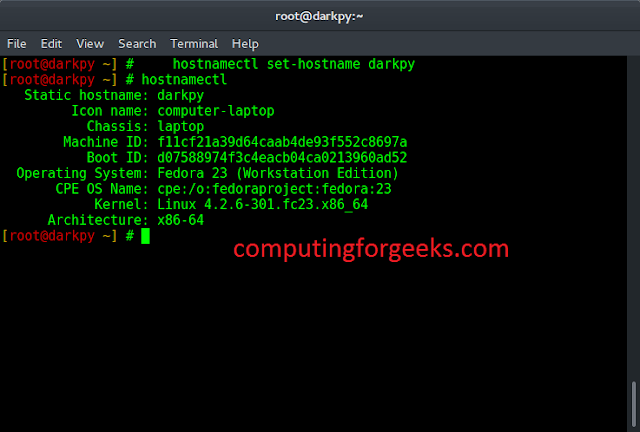Modern large language models (LLMs) have impressive capabilities, but they can be challenging to integrate into complex workflows and systems, leading to unreliable results and unnecessary code duplication. Outlines, created by Rémi Louf at Normal Computing, offers a solution to these problems.
Outlines enable the construction of more dependable LLM systems by improving how prompts are managed and offering more control over the generated outputs, This is achieved, in part, through its unique, sampling-based approach, which provides a probabilistic interpretation of the results.
Outlines is designed to blend seamlessly with the broader Python ecosystem, allowing the generation of language model outputs to be interwoven with standard control flow and custom function calls. This combination of features helps to avoid the usual problems associated with language model integration.
The key to enhancing the reliability of systems incorporating LLMs lies in the development of a well-structured interface between the LLM outputs and the custom user code. Outlines provides tools that enable the control of language model generation, thereby making the output more predictable. Future planned features include the capacity to generate JSON adhering to a predefined schema, and code that complies with any given grammar.
Writing prompts by concatenating strings often becomes cumbersome and error-prone. The logic used to build these prompts tends to get entangled with the rest of the program. This can obfuscate the structure of the rendered prompt, making it more difficult to understand and modify.
To address these issues, Outlines provides robust prompting primitives. These primitives effectively separate the prompting process from the execution logic. This separation leads to simpler and more understandable implementations of techniques like few-shot generations, ReAct, and meta-prompting.
Outlines also offers a feature called “template functions” that leverage the Jinja2 templating engine to efficiently construct complex prompts. Custom Jinja filters are available to simplify the creation of agents such as AutoGPT, BabyAGI, ViperGPT, and Transformers Agent. By eliminating boilerplate prompting code, these filters make it easier to build and modify language generation models.
Outlines revolutionizes LLM integration with its unique sampling approach, enhancing prompt management, and output control. Its blend with Python, efficient Jinja2 prompt templating, and upcoming features like schema-compliant JSON generation and model call vectorization, set a pioneering standard in LLM systems integration. Though an extensible plug-in cloud infrastructure, Outlines will soon support models from HuggingFace, OpenAI, and Normal Computing. Further planned work from Normal includes the ability to prototype in a graphical web application. As we navigate through an era increasingly reliant on AI and machine learning, Outlines promises to be a critical tool in shaping this rapidly evolving landscape.
You can see the full repo here.
About the authors:
Rémi Louf is a statistician (some say data scientist) and software engineer at Normal Computing, Inc. He is particularly interested in Bayesian statistics & generative modeling, MCMC sampling and symbolic computing, which translate into my professional life and the open-source projects I contribute to. He is a core member of the Aesara and Blackjax projects. Rémi has a PhD in Physics from the Institut de Physique Théorique.
Dan Gerlanc is the VP of Engineering at Normal Computing, Inc. He started his career in quantitative finance and spent the past decade heading engineering departments across various industries and organizations. Technically, his specialty is building systems at the intersection of software engineering and AI applications. He is a core member of the Aesara and bootES projects, among others. Dan holds a B.A. in Comparative Literature from Williams College.




